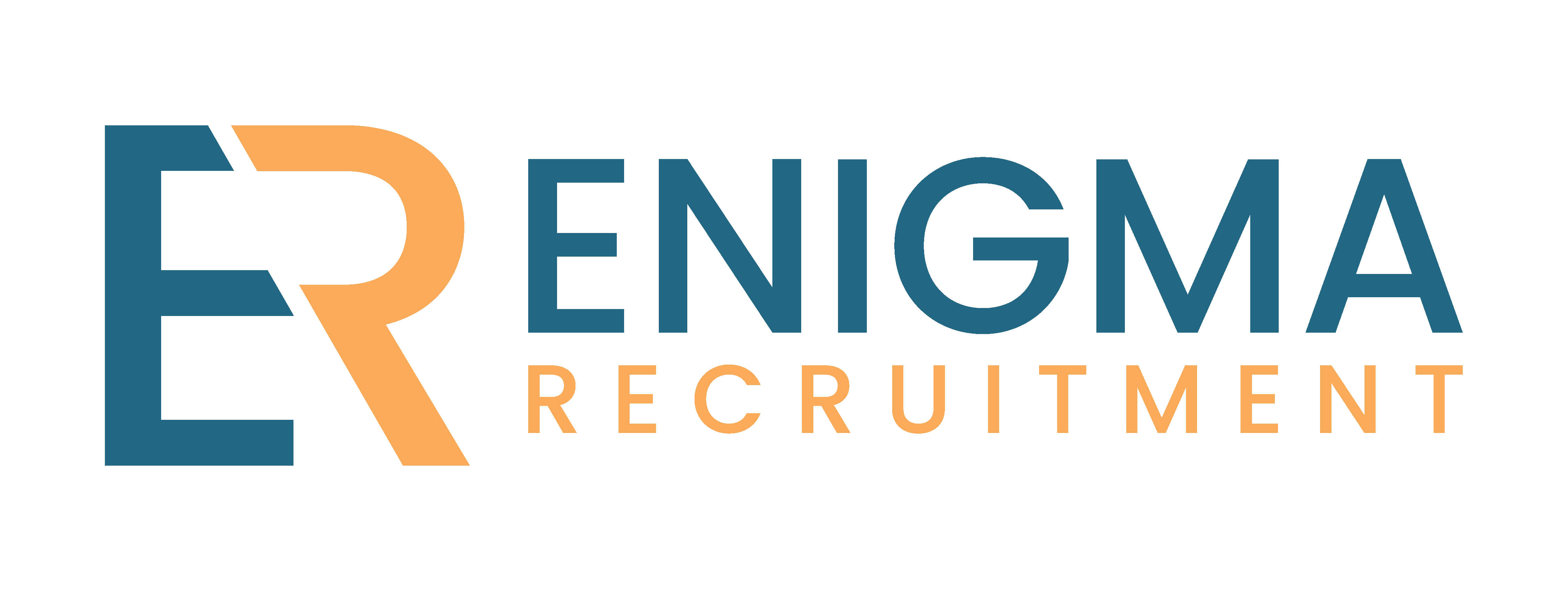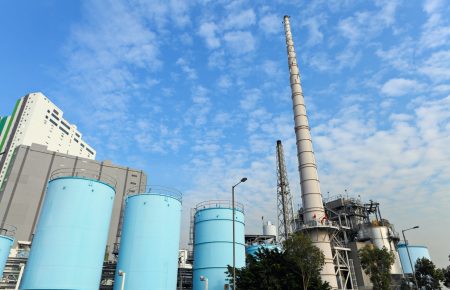Thailand’s once promising economic growth trajectory has hit a roadblock as the country’s forecasted growth rate has been downgraded to 3% per year, a significant reduction from the previous estimate of 3.5%. This downward revision has raised concerns about the nation’s economic vitality and competitiveness in the global market.
The diminishing growth potential in Thailand can be primarily attributed to the escalating costs within the country. Rising expenses, including labor, resources, and utilities, have led to decreased investor confidence, hampering the overall productivity and output of businesses. Additionally, the increased cost of living for citizens has resulted in subdued consumer spending, further impacting the economic expansion.
The revised growth forecast reflects a challenging environment for Thailand’s economy, as it struggles to maintain its position as a regional economic powerhouse. The government and business leaders are faced with the urgent task of implementing strategic measures to stimulate growth, attract investments, and enhance the country’s competitiveness on the global stage.
Despite the current setbacks, Thailand remains a country with immense potential and a diversified economy. It is imperative for stakeholders to collaborate and address the underlying issues that are hindering growth, with a focus on fostering innovation, improving infrastructure, and creating a business-friendly environment.
As Thailand navigates through these economic challenges, proactive measures and decisive actions will be crucial in revitalizing its growth momentum and unlocking its full potential in the years to come.




